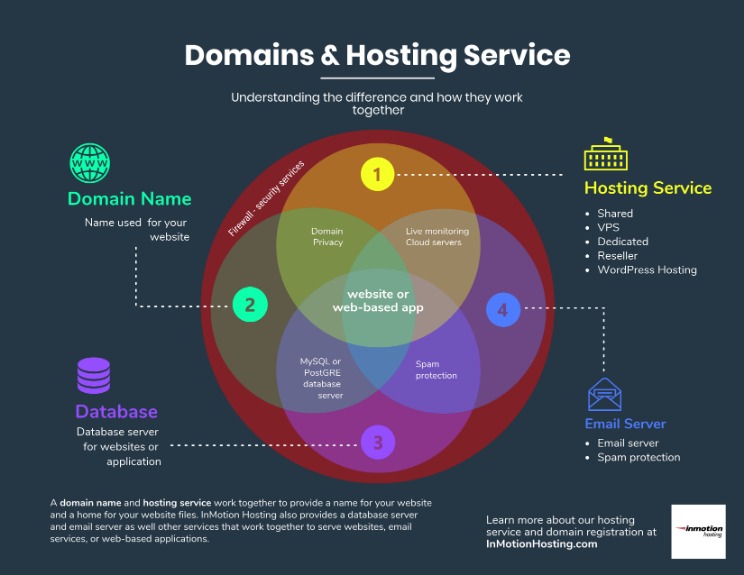In today’s interconnected world, businesses of all sizes are looking for reliable and efficient ways to manage their networks. A small Linux server offers a robust solution that meets the needs of various enterprises without breaking the bank. Let’s explore how Linux-based systems can seamlessly integrate with enterprise environments through alternatives to traditional directory services and more.
Unlocking the Potential of Linux Systems
One of the significant advantages of deploying a small Linux server is its flexibility and performance. Companies often utilize these servers to handle various tasks, from hosting websites to managing file storage and handling data backups. However, an essential function that garners attention is user authentication and management through directory services.
Understanding Linux Active Directory Integration
While Windows environments predominantly use Active Directory (AD) for managing user access and policies, many wonder how Linux systems fit into this landscape. Integrating Linux Active Directory can streamline administration tasks by allowing Linux servers to communicate with AD, ensuring cohesive and secure user management.
Organizations can utilize tools like Samba and Winbind to achieve this integration. These tools enable Linux systems to join AD domains, authenticate users, and provide access to domain resources, making the integration process smoother and more efficient.
Exploring Active Directory Linux Alternatives
For businesses seeking *Active Directory Linux alternatives*, several options cater specifically to Linux environments. These alternatives provide similar functionalities to AD but are optimized for Linux systems, ensuring better performance and active directory for Linux compatibility.
FreeIPA: A Comprehensive Directory Solution
FreeIPA stands out as a powerful Active Directory for Linux alternative. It combines LDAP, Kerberos, DNS, and other essential components to deliver a comprehensive identity management system. FreeIPA allows for seamless integration with existing Linux systems, providing a unified platform for user and policy management.
OpenLDAP: Lightweight Directory Access Protocol
Another notable Active Directory Linux alternative is OpenLDAP. This open-source project implements the Lightweight Directory Access Protocol (LDAP) and provides a flexible and scalable directory service. Organizations can use OpenLDAP to manage user accounts, groups, and permissions across their Linux infrastructure with ease.
The Future of Network Management
With the growing adoption of Linux in enterprise environments, the need for efficient network management tools is more critical than ever. Active Directory for Linux and its alternatives are paving the way for a seamless and secure integration, enabling organizations to leverage the full potential of their Linux systems.
Investing in a small Linux server and exploring *Linux Active Directory* integration or alternatives like FreeIPA and OpenLDAP can significantly enhance network management, providing a robust, cost-effective alternative to traditional solutions.
As technology continues to evolve, embracing these advanced tools will ensure that businesses remain agile, secure, and ahead of the curve in an increasingly competitive digital landscape.


